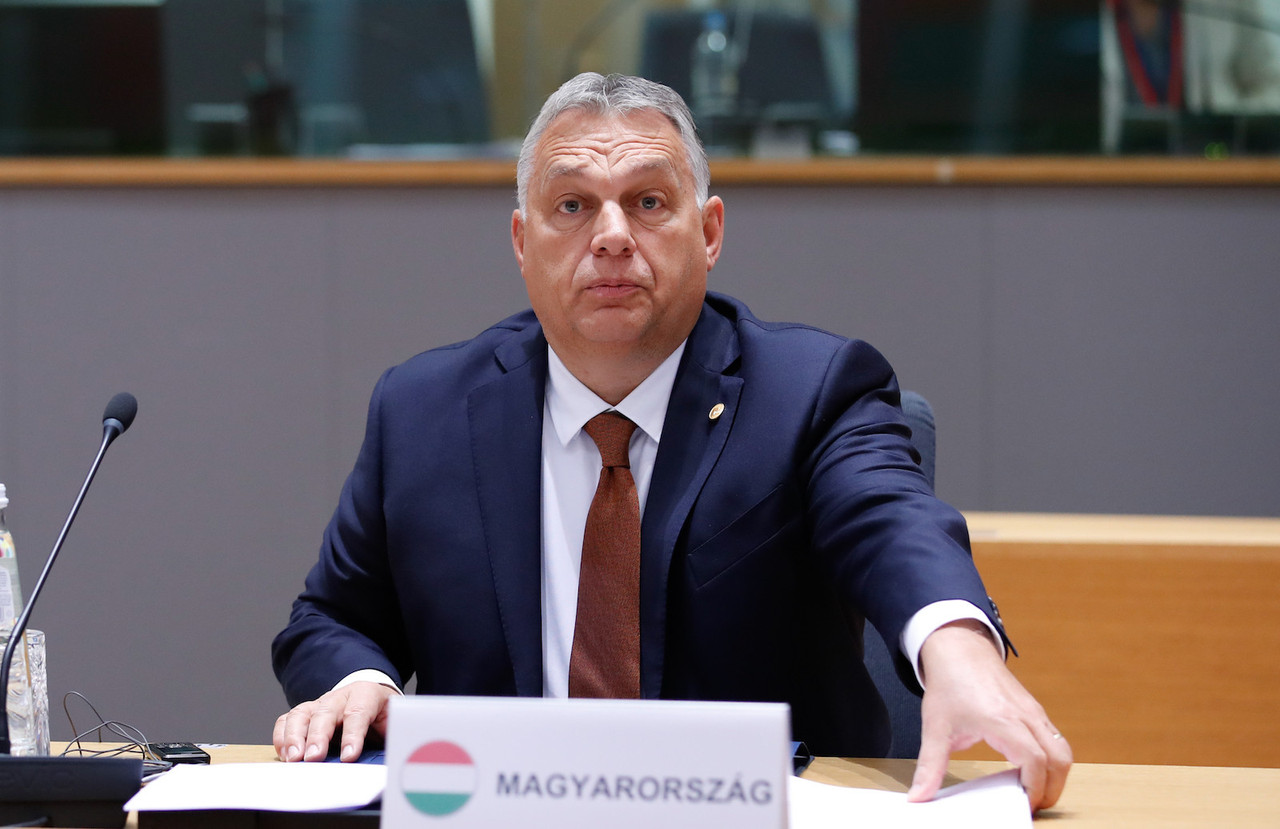Asselborn (LSAP) in an interview with RTL said that the EU “must pay the price” if it wants to deprive Russian president Vladimir Putin of revenue to wage war in Ukraine. EU leaders previously agreed on a coal ban but discussions around an oil embargo are ongoing.
“Hungary is seeking revenge,” Asselborn said of attempts by prime minister Viktor Orban to block a discussion about the embargo at next week’s EU summit. The European Commission in April started a process to block EU funds from reaching Hungary as part of a new rule of law mechanism.
The country has said it would need €750m in short-term funding to upgrade infrastructure and a pipeline bringing oil from Croatia. In long-term, it said that up to €18bn could be needed to wean its economy of Russian oil.
The European Commission has offered up to €2bn to support countries reliant on Russian supplies, also including the Czech Republic and Slovakia, as well as offering a one-year delay for these countries to implement the ban that should take effect at the start of next year.
EU leaders are meeting for a summit on 30 and 31 May and while consensus on the oil embargo currently seems out of reach, a gas embargo could form part of a seventh sanctions package, Asselborn told RTL.
“Gas would be the final step,” he said, adding that an embargo would be “incredibly difficult” to shoulder for many EU countries and the bloc as a whole. Asselborn had of the economic ramifications in the EU of such a ban, which risks plunging Germany into recession and knock-on effects elsewhere.
“We must pay the price,” said Asselborn of taking away Putin’s means to wage war in Ukraine. The EU has spent €35bn on Russian energy since the war began in February compared to just €1bn in aid to Ukraine, the EU’s foreign policy chief Josep Borrell said in April.
Luxembourg members of parliament at the end of April had put forward by opposition party CSV calling for an immediate embargo of Russian coal, oil and gas. The majority parties--DP, LSAP and déi Gréng--had said this would lock the government into a non-negotiable position and hamper efforts to find consensus as EU level.
